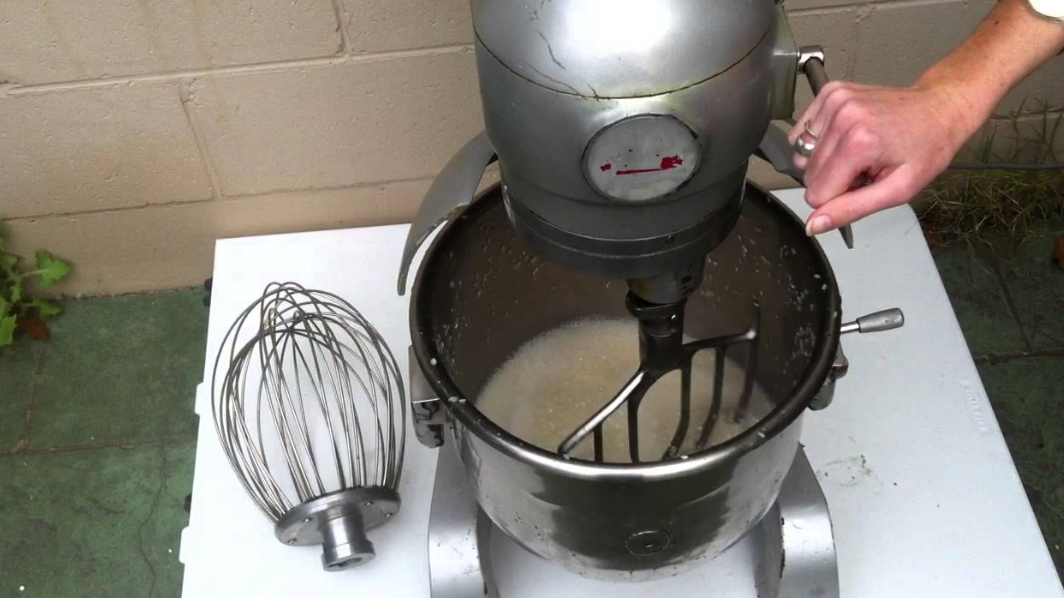Commercial dough mixers are a staple in bakeries, pizzerias and other food-related businesses. They're used to mix ingredients together to form dough, which is then used in making breads, cakes, pizza crusts and more.
A ccommercial dough mixer comes in a various types and sizes. Some are designed for use by professional bakers; others are for home use by hobbyists or people who want to make their own breads or pizza doughs at home. Read on for more about these categories.
Types of Commercial Dough Mixers
When it comes to commercial dough mixers, there are a few different types.
Twin arms mixer
A twin arm mixer uses two sets of rotating arms to mix the dough. One set of arms rotates clockwise and the other rotates counterclockwise. This creates a mixing action that is strong enough to break up large chunks of dough without crushing them into smaller pieces. Twin arm mixers are good for mixing small batches of dough, but they're not recommended for heavy duty jobs like breads or pizza crusts because they can't handle as much flour at once.
Spiral mixer
A spiral mixer is similar to a twin arm mixer, but instead of using two sets of rotating arms, it uses one set that rotates around in a spiral pattern. This design makes it easier to create uniform products because it doesn't crush any large chunks into smaller pieces while mixing them together with the rest of the batch. Spiral mixers are great for making breads and pizza crusts because they can handle large amounts of flour at once without leaving any clumps behind when finished mixing up your batch of dough!
Fork mixer
This is probably the most widely used type of mixer because it's the easiest to use and very affordable. It's basically just a motorized handle attached to a wire rod with tines on one end that rotate as you turn it. Because it doesn't have any moving parts, there's no chance for malfunctioning parts or breakage. This also means that you can use it manually if you don't want to use electricity or if there's an outage in your area.
What to Look for in a Commercial Dough Mixer
When you're looking for a commercial dough mixer for your business, there are certain features that you need to keep an eye out for. Here are some things to consider when shopping:
Mixing speed
The mixing speed is the most noticeable feature of any mixer. The faster it goes, the more power it has – which means less time needed to mix up your dough! Look for units with high speeds between 250-1000 RPMs (rounds per minute).
Power
The amount of power the machine is capable of producing is important because it determines how fast it can process your bread or pastry dough. The more powerful the machine is, the better it will handle heavier loads without getting bogged down or overheating quickly.
Bread capacity
How much bread or pastry can you make at once? If you plan on making large batches regularly, then look for a machine with higher capacity so that you don't have to stop and reload every time you need to make more product. If you only bake occasionally, then look for a machine with smaller capacity so that you don't need to worry about making multiple batches at once.
Conclusion
In the end, there is no right or wrong way to choose a commercial dough mixer. However, just like with any other investment, it is important to keep safety and efficiency in mind while buying one.
The dough mixers of today are more advanced than they have ever been. And while they may look the same as what your parents and grandparents used, they are very different in terms of performance, especially the commercial models.


